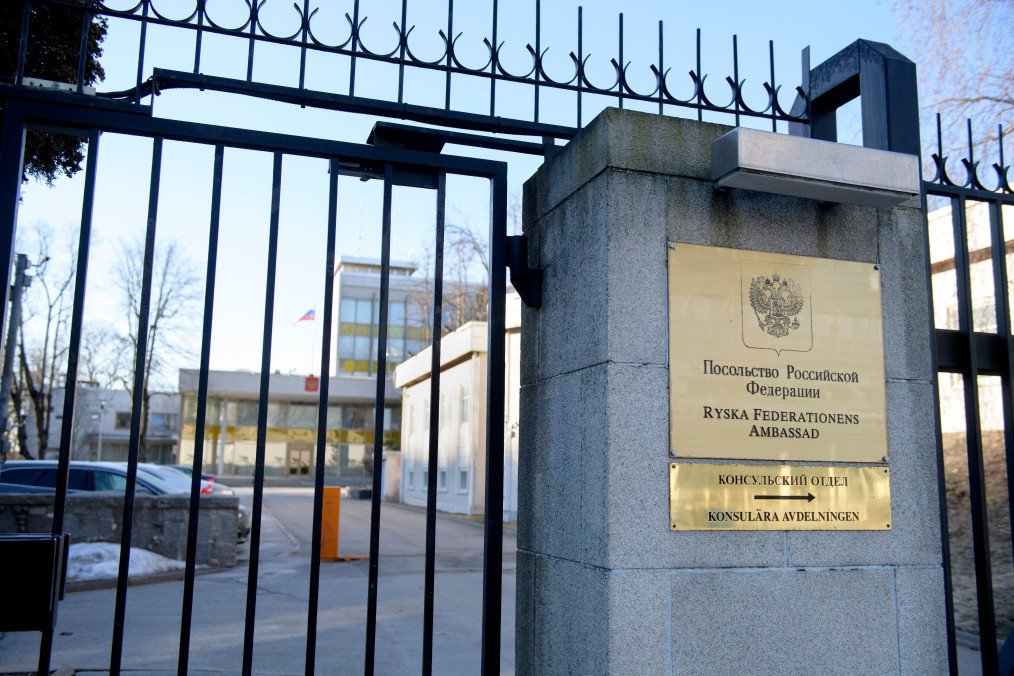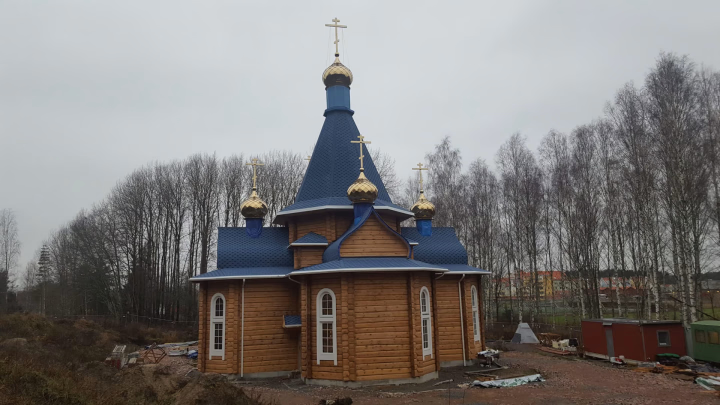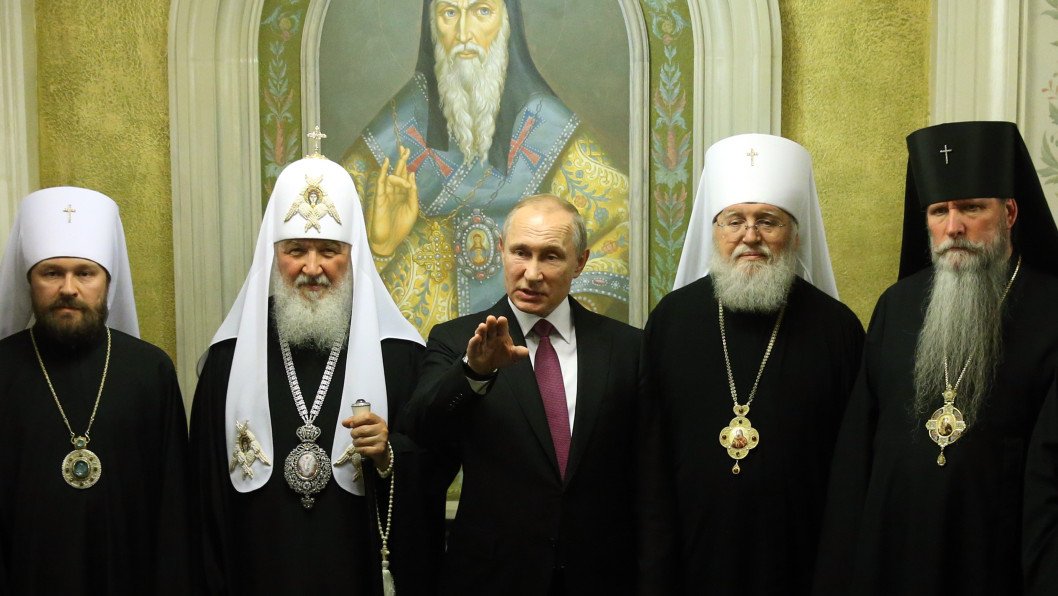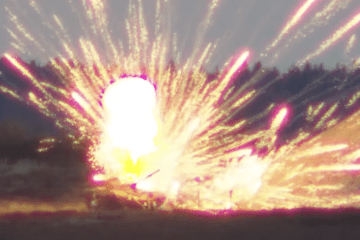- Category
- Latest news
Sweden Raises Security Concerns over Russian Orthodox Church Near Strategic Airport

In 2017, a Russian Orthodox church was built in Västerås, Sweden, in close proximity to a strategically significant airport. Initially approved without much concern, its location has since raised suspicions about potential security risks.
According to Politico, the church, located just a few hundred meters from Västerås Airport, is near several critical infrastructures, including a water treatment facility and energy companies.

The airport itself holds strategic importance as a standby facility for military or civil emergencies. The church’s location, near these key sites, has prompted concerns that it may be used to monitor activities, particularly military exercises, as well as gather intelligence on local industries.
According to Markus Göransson, a researcher at the Swedish Defense University, the church could offer an opportunity for surveillance of the airport and industrial sectors in Västerås.
He highlighted that Sweden’s defense forces could be under potential observation during exercises, as was the case in June. “When Sweden’s defense forces undertake exercises on or near the airport, they do so under possible surveillance from the church,” said Göransson.
The Swedish Security Service (Säpo) has expressed concerns about the church’s links to Russian intelligence.

In May 2024, Säpo confirmed that representatives of the church had contacted individuals with ties to Russian intelligence services. This led to the Swedish government halting financial support for the church, a decision made after consulting with Säpo.
The Russian Orthodox Church in Västerås has denied any links to Russian intelligence operations.
Local leaders in Västerås have expressed their concerns about the church’s proximity to sensitive infrastructure. Staffan Jansson, leader of the Västerås municipal council, called Säpo’s findings “worrying,” emphasizing the need for vigilance.
Earlier, European intelligence agencies have warned of Russia preparing violent acts of sabotage across Europe, including spying, explosions, arson, and infrastructure damage. Assessments from multiple countries highlight an increased risk of state-controlled sabotage operations.
Intelligence suggests that Russia is ramping up these activities, with recent arrests in Germany related to potential attacks. Experts also point to GPS interference in Finland, Poland, and the Baltic states as evidence of growing Russian destabilization efforts.


-72b63a4e0c8c475ad81fe3eed3f63729.jpeg)

-111f0e5095e02c02446ffed57bfb0ab1.jpeg)


